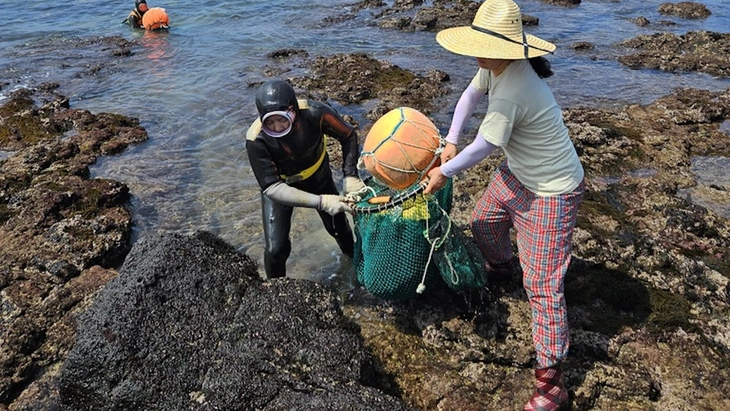
Haenyeo female divers on Jeju Island have maintained the tradition of diving for seafood for generations - Photo: Melissa Ilardo
On Jeju Island, the largest island in Korea, there is a special community of women called Haenyeo, meaning "women of the sea". They are professional divers who do not use oxygen tanks or modern protective gear, but rely only on their hands and diving skills to harvest seafood from the deep sea such as abalone, sea urchins, octopus, etc.
Women of the Sea
This diving tradition has been passed down through generations. Women typically begin their apprenticeship at age 15 and can continue to do so well into their 80s. Even when pregnant, they continue diving, working an average of seven hours a day for about 90 days a year.
The diving ability of the women here has long intrigued scientists and they have sought to decode it.
A new study conducted jointly by American and Korean scientists, published in Communications Biology on April 29, analyzed the DNA of three groups of women: 30 Haenyeo divers, 30 women living on Jeju but not working as divers, and 31 women living on the Korean mainland.
The surprising result: Jeju residents, whether divers or not, had a distinctly different genetic makeup than mainland Koreans. One gene variant, sarcoglycan zeta, associated with cold tolerance, was more common in this group. This gene helps control the vasoconstriction response, which is important for maintaining stable blood pressure when the body is exposed to cold water.
In addition, about one-third of women in Jeju also possess another gene variant called Fcγ receptor IIA, which has the ability to help reduce inflammation in blood vessels, thereby stabilizing diastolic blood pressure during deep diving. Meanwhile, the rate of people carrying this gene on the mainland is only about 7%.
When tested by immersing their face in cold water and holding their breath (simulating the survival reflex when diving), people with this gene had more stable diastolic blood pressure, reducing the risk of high blood pressure, which is especially dangerous for pregnant women.
Diving ability does not come only from genes
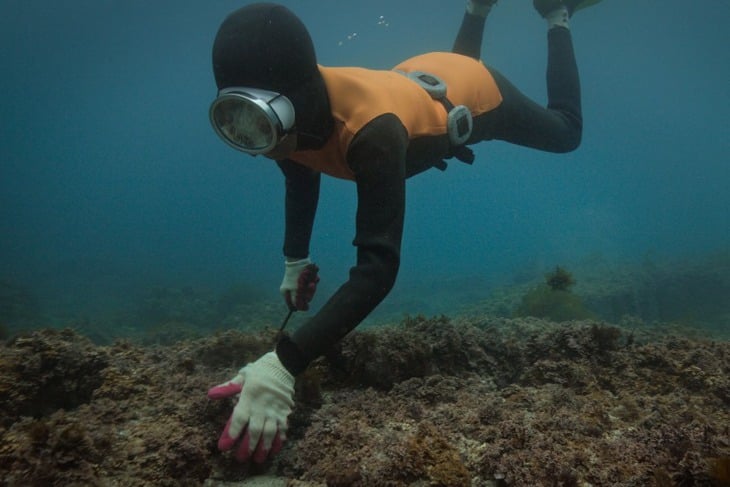
The diving ability of Haenyeo women has long intrigued scientists and they have sought to decode it - Photo: Apple TV
In addition to genetic factors, the study also noted special physiological adaptations of Haenyeo divers. Their heart rate dropped sharply when diving, some dropping more than 40 beats per minute after just 15 seconds, which did not appear in the non-diving group.
This shows that the ability to endure and adapt to harsh environments comes not only from genes, but also from long-term and continuous training and work over many years.
"You can have special genes, but without years of training, your endurance will not reach the level of the Haenyeo," Dr. Melissa Ilardo shared.
Professor Tatum Simonson (University of California, San Diego) commented: "Connecting the physiological characteristics of Haenyeo women with genetics opens a new door to understanding how humans adapt to low-oxygen environments." This could be the basis for in-depth research on heart and lung diseases or responding to climate change in the future.
Dr Cara Ocobock, an anthropologist at the University of Notre Dame, agrees: "This is the kind of research we need more of, to understand both evolution and adaptation in a rapidly changing world ."
Source: https://tuoitre.vn/phat-hien-bi-mat-cua-nhom-phu-nu-boi-lan-nhu-ca-du-ngoai-80-tuoi-20250503141221209.htm


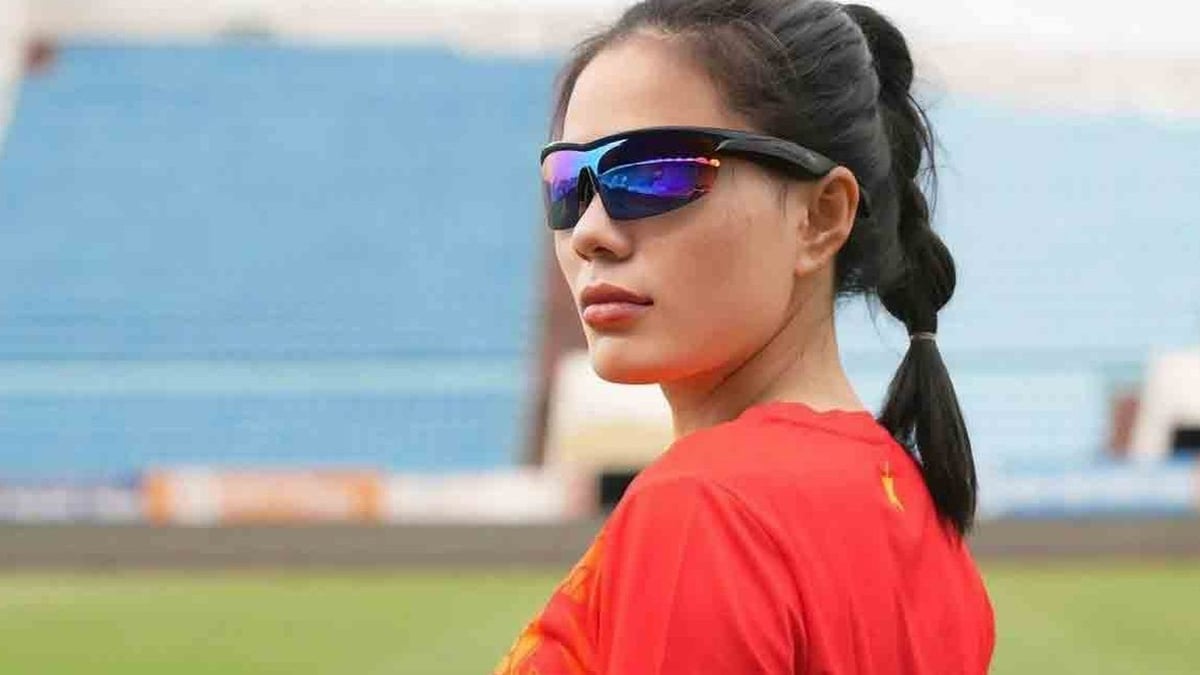
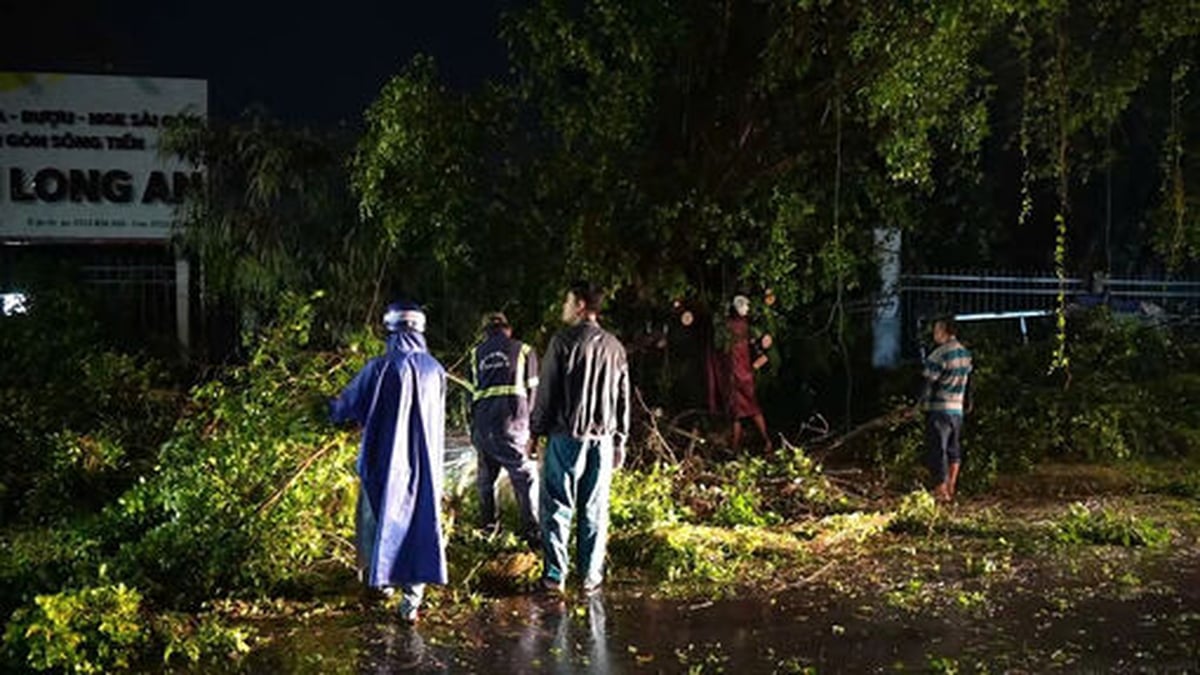
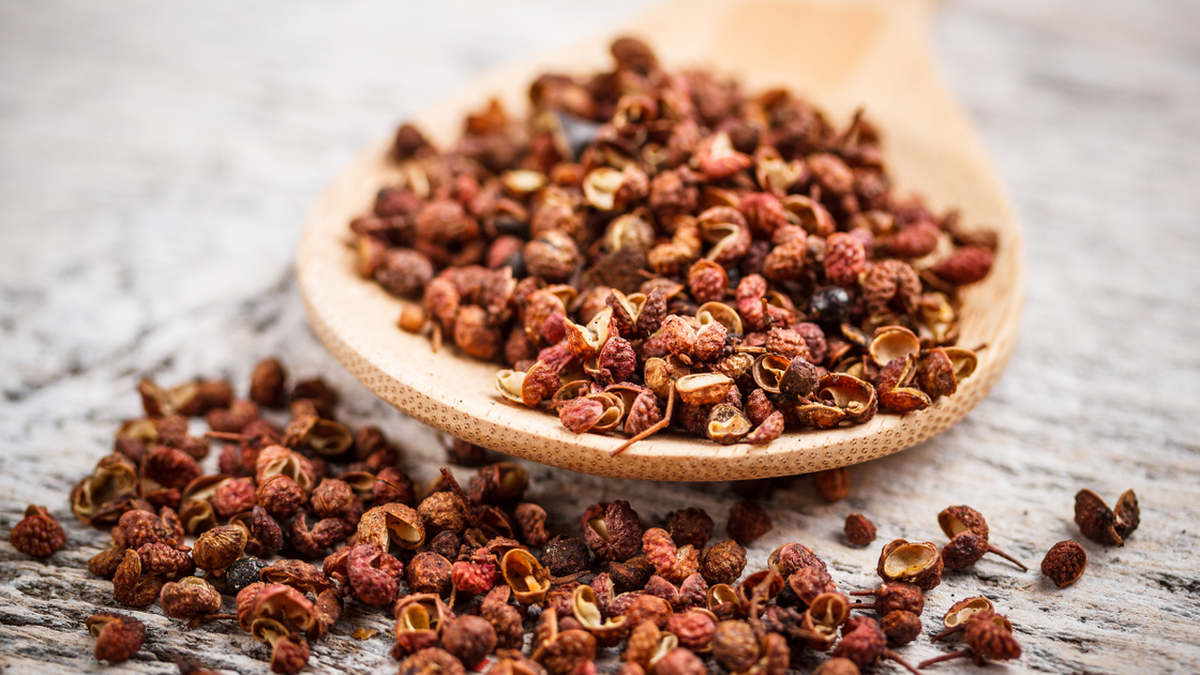
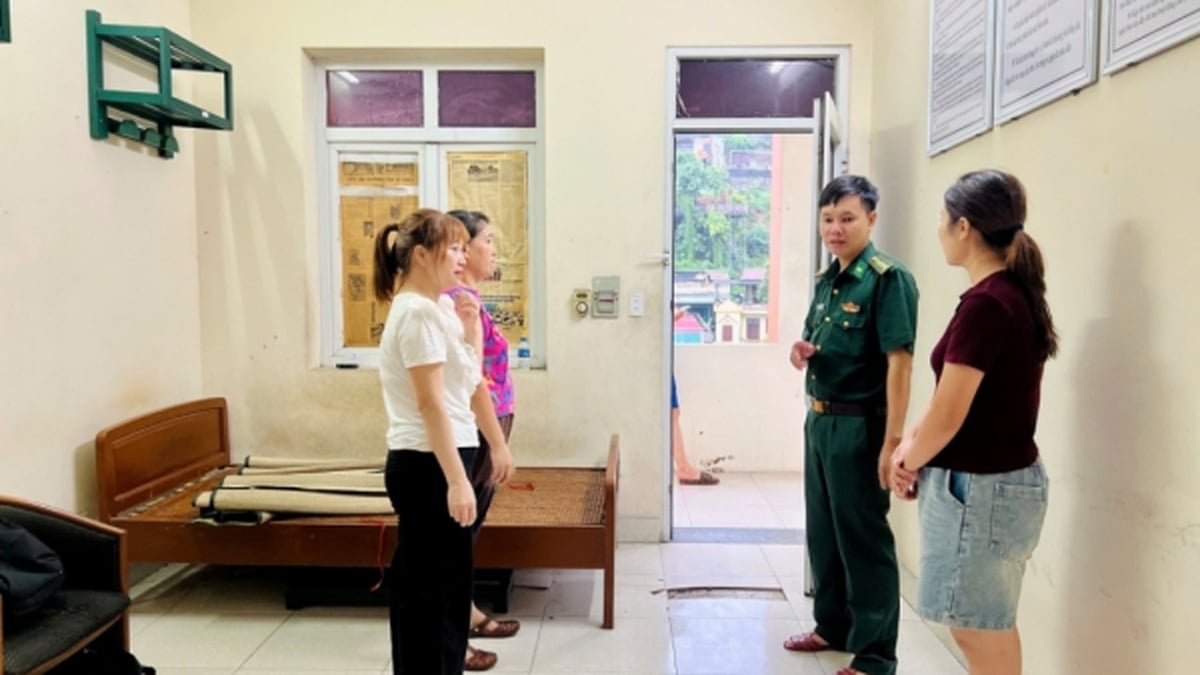
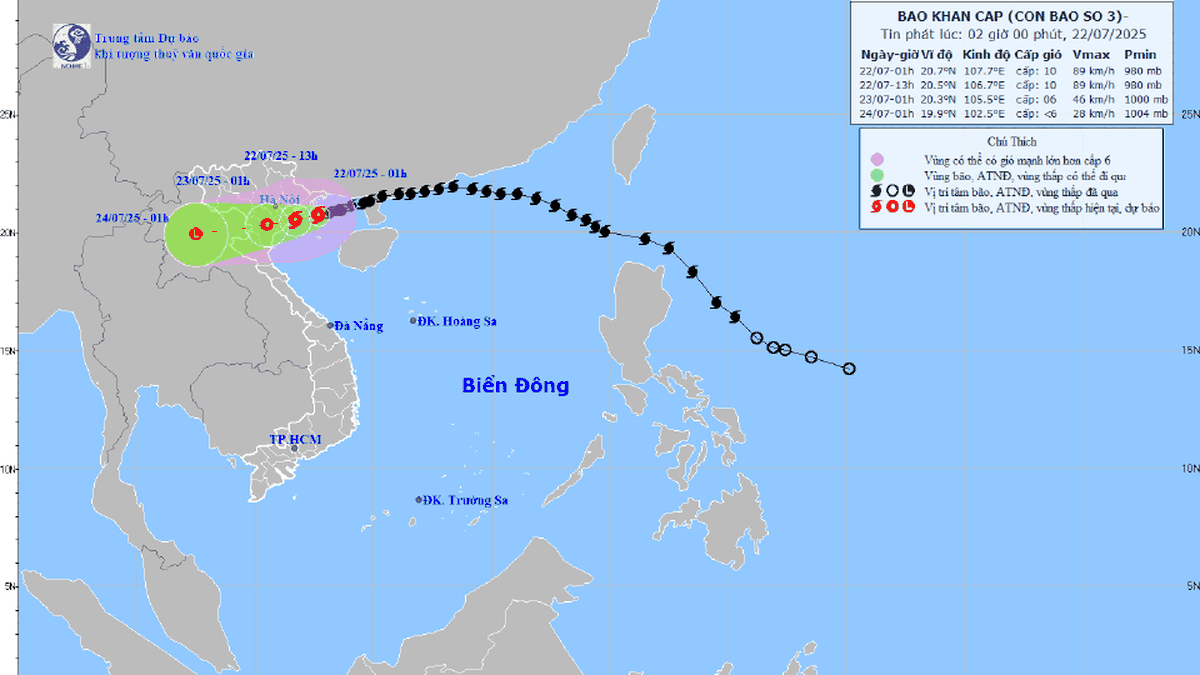
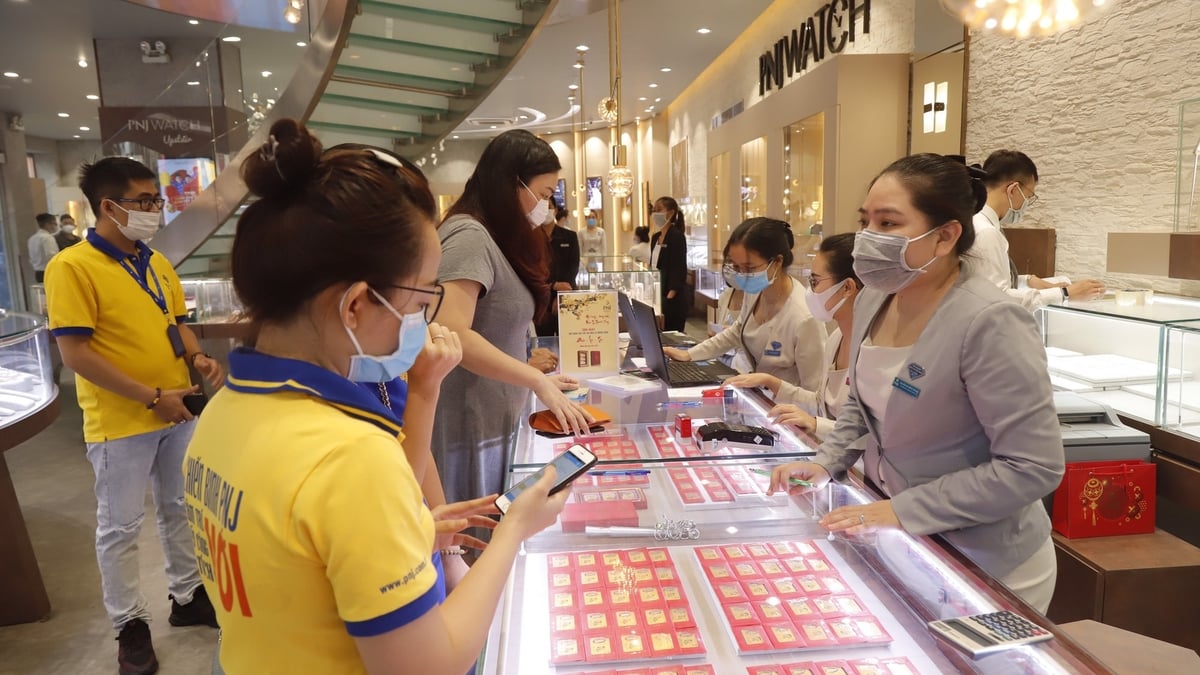
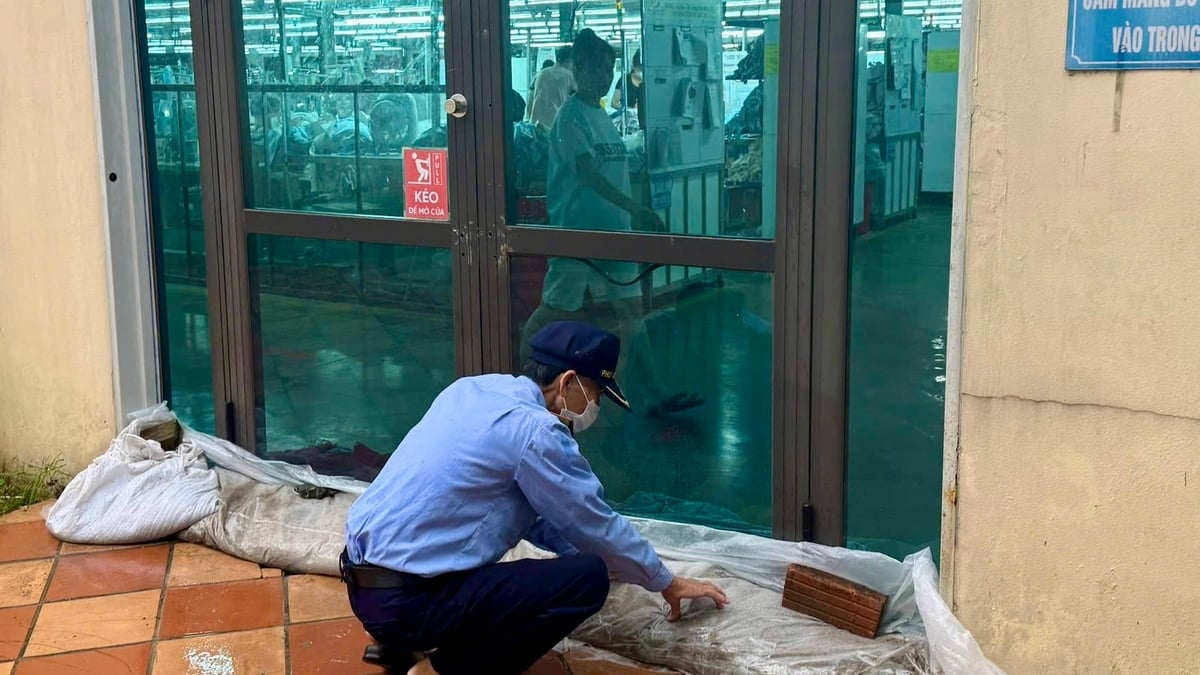
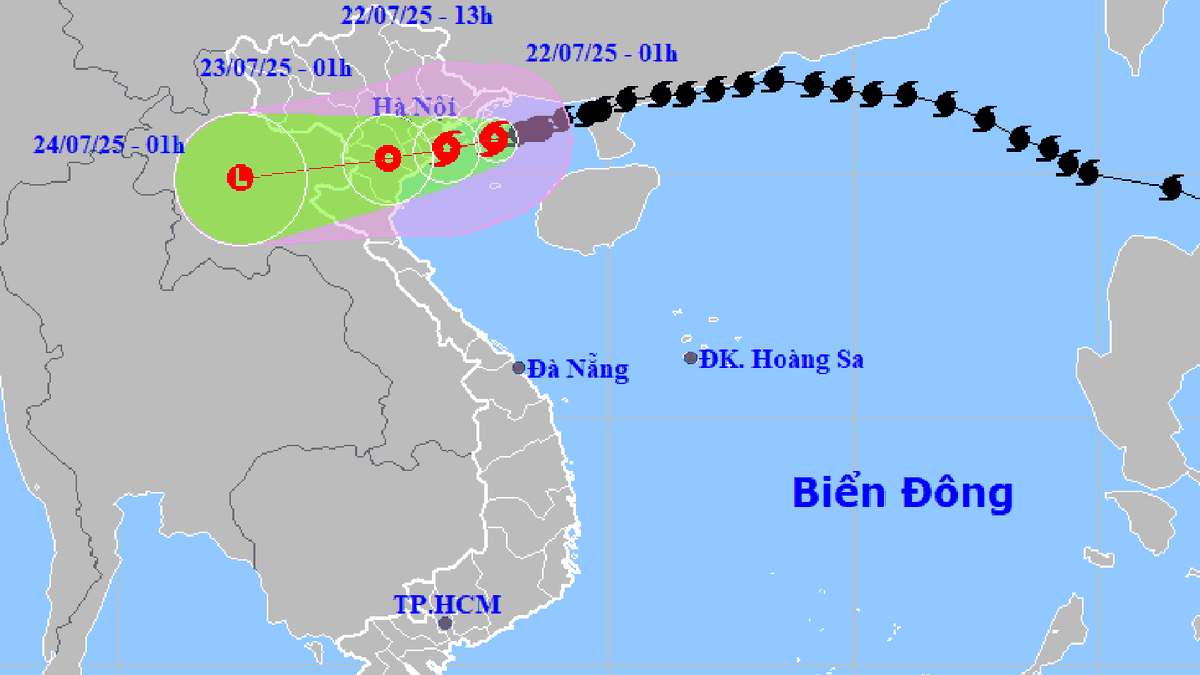

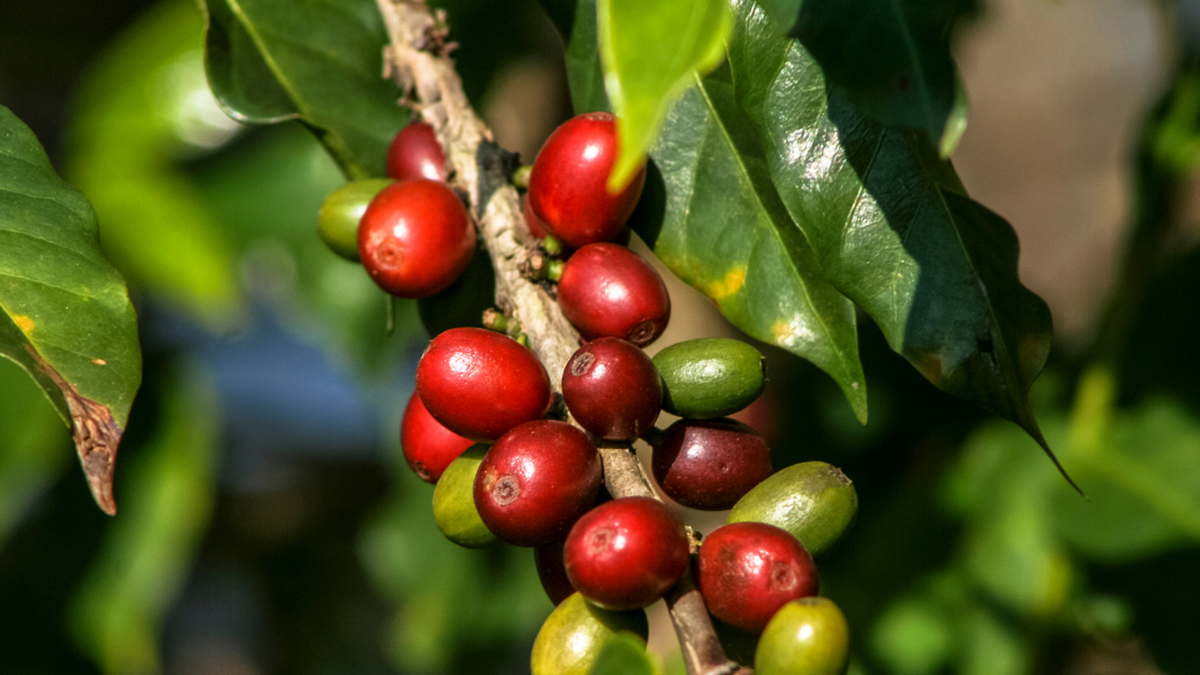










![[Photo] National Assembly Chairman Tran Thanh Man visits Vietnamese Heroic Mother Ta Thi Tran](https://vphoto.vietnam.vn/thumb/1200x675/vietnam/resource/IMAGE/2025/7/20/765c0bd057dd44ad83ab89fe0255b783)














































































Comment (0)